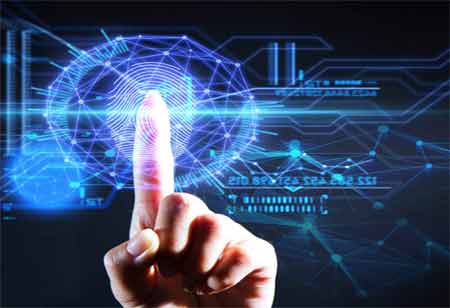THANK YOU FOR SUBSCRIBING
Systems with Cognitive Capabilities Expanding Across Industries
From automated to autonomous and now cognitive, a paradigm shift is taking place in the design principles of machines, matter, methods, and more.

By
Apac CIOOutlook | Wednesday, January 04, 2023
Stay ahead of the industry with exclusive feature stories on the top companies, expert insights and the latest news delivered straight to your inbox. Subscribe today.
From automated to autonomous and now cognitive, a paradigm shift is taking place in the design principles of machines, matter, methods, and more.
FREMONT, CA: Programmable systems have been processing numbers and producing data for a while, however, cognitive systems are being developed to help humans interpret data. In the upcoming years, cyberspace, geospace, space, and beyond (CGS) is likely to alter as cognitive systems learn, think, and collaborate with humans as partners and collaborators.
Research on how to more effectively integrate the capacities of both human and machine intelligence as well as matter and mother nature to access intelligence for the benefit of humanity has exploded as a result of the many discoveries in neurophysiological and cognitive science. The data obtained from this quickly developing possibility of cooperation between man, machines, matter, and nature may provide humanity with an intelligence advantage throughout cyberspace, geospace, space, and beyond.
Cognitive systems that are equipped to read, write, talk, hear, see, and learn are beginning to emerge. Brain-machine interfaces, robotic orthotics, cognitive and sensory prostheses, software and robotic assistants, autonomous vehicles, autonomous weaponry, and more are examples. It is crucial to assess where cognitive computing is making a difference right now and where it will make a difference in the future because it can be configured to self-learn and tackle complex problems.
The quickly developing self-learning systems have already had an impact on a wide range of industries, including travel, sports, entertainment, fitness, health, and wellness. So understanding the growth of a cooperative cognitive innovation ecosystem is essential for understanding cognitive environments. A few of them are novel cognitive modelling tools and visual simulation facilities, multimodal cognitive interfaces, conversational algorithms, and integrated knowledge discovery and exploitation facilities that can incorporate predictive and prescriptive big data analytics.
It is essential to examine the foundations of cognitive computing in cognitive systems. Are the fundamental components of cognitive computing developed and created to usher in a new era of cognitive computing, first and foremost? Are all the cognitive computing building elements available to create the systems of collective cognition?
It appears that new hardware, software, applications, and simulators are necessary. To interpret data changes in ways that are not explicitly planned, work is being done on neuromorphic chip hardware, which includes new electronic neuromorphic machine technology that processes sensory data, such as images, sounds, and expressions.
From cognitive engineering systems to cognitive materials, cognitive cameras to cognitive robots, cognitive cars to crewless aerial vehicles (UAVs), and cognitive production systems to the cognitive wireless network, the field of cognitive science and technology has made significant strides recently. Therefore, it is critical to comprehend and assess the potential applications of cognitive systems.
When problems are complicated, information and conditions are continually changing, and the solution is likely to depend on context, cognitive computing systems will be optimum.
Cognitive computing will certainly expand human skills, reach, and knowledge beyond cyberspace, geospace, and space as it enables the ability to think like human beings. It will also make it possible to acquire information from people, and machines, draw wise judgments and make precise predictions. As a result, a new era for humanity will begin in which humans and machines with cognitive powers comparable to those of humans collaborate to solve the difficult challenges facing humanity.





